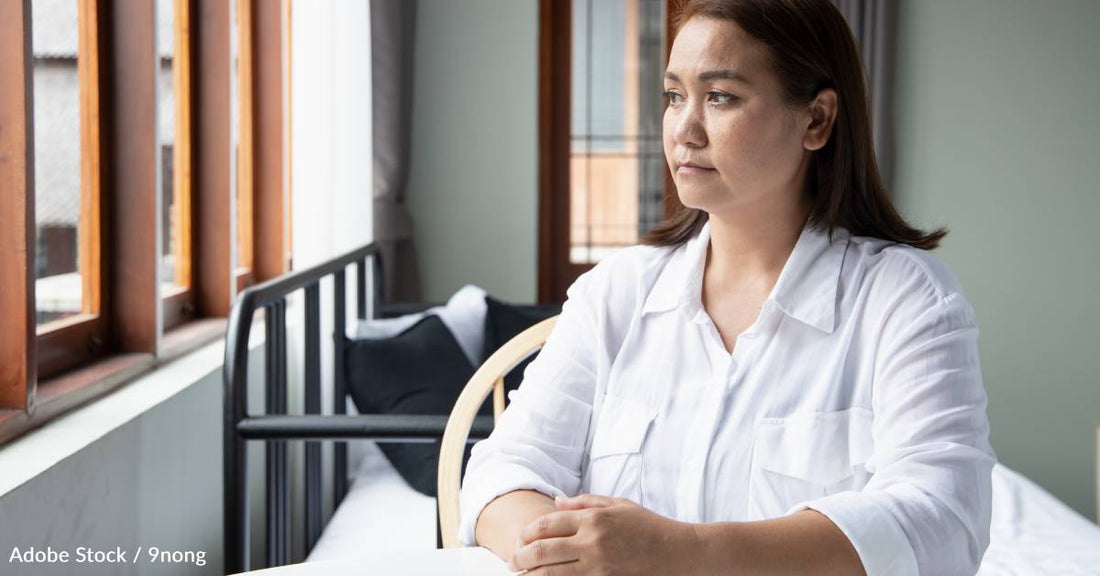Breast Cancer Survivors May Age Faster, Regardless of Which Treatment They Undergo
Michelle Milliken
Breast cancer treatment comes with a variety of side effects, including brain fog that can persist for years, nerve damage, and a possible increased risk of heart disease. Perhaps unsurprisingly with the impacts to the body, evidence suggests breast cancer patients may also age faster than their cancer-free peers. A new study indicates this is the case regardless of which type of treatment they underwent.
Recently published research led by a team at the UCLA Health Jonsson Comprehensive Cancer Center investigated how each type of treatment impacted gene expressions that serve as signals of biological aging. Those include cellular senescence, or when cells that stop dividing remain alive in the body, causing inflammation and damaging neighboring cells; inflammatory response related to senescence; and DNA damage response.
Though the team expected to see gene expressions related to these biological processes for patients who had undergone chemo, they found that they were present for everyone, regardless of treatment type.

Judith Carroll, lead author and researcher at the UCLA Cancer Center, says, “For the first time, we're showing that the signals we once thought were driven by chemotherapy are also present in women undergoing radiation and surgery. While we expected to see increased gene expression linked to biological aging in women who received chemotherapy, we were surprised to find similar changes in those who only underwent radiation or surgery.”
The research, published in the Journal of the National Cancer Institute, included more than 150 women with stage 0-III breast cancer. They had the gene expression in their blood cells tested before they began treatment and then for two years afterward. The study found that women who had undergone chemo had the most significant signs of aging, but those who had undergone radiation or just surgery also had elevated aging markers for cellular senescence and resulting inflammatory signals (a sign of immune system damage), along with DNA damage response.
However, while chemotherapy patients showed sustained increases, those who had undergone radiation without chemo showed signs of slowing over time. Regardless, the findings do indicate that breast cancer patients may be experiencing immune cell aging.

The next step for the team is investigating a biomarker that measures biological age to see if these gene expression signals are linked with aging long-term. They hope this helps determine what causes these gene expressions so they can provide patients with possible behaviors that can lower the risk.
Carroll says, "We’ve only just begun to understand the long-term consequences of cancer therapy and these findings are a critical step toward understanding the biological pathways that drive many post-treatment symptoms in breast cancer survivors. Our goal is to find ways to improve survivorship, not just in terms of years lived, but also in quality of life and overall health."

